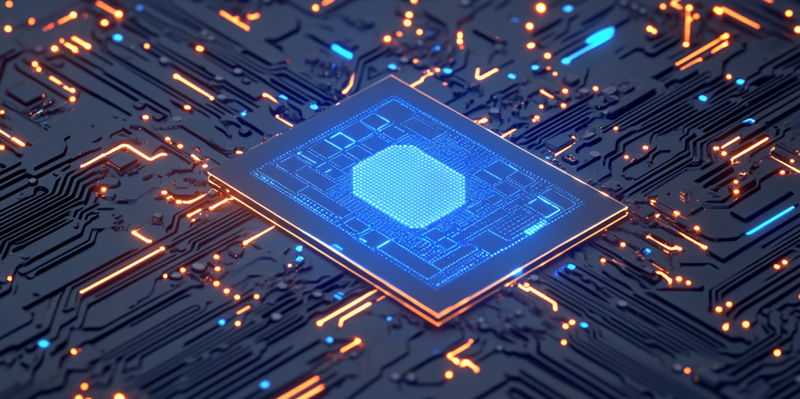In a significant announcement made during their third-quarter earnings call, AMD’s CEO Lisa Su confirmed the upcoming release of the RDNA 4 GPUs, set to hit the market in early 2025. This next-generation technology promises to significantly enhance gaming and ray tracing performance, addressing a major shortcoming of the RDNA 3 line. AMD is also expected to incorporate new AI capabilities in these GPUs, likely aimed at improving AI-assisted upscaling technologies, reflecting AMD’s ambition to be recognized as an "AI company" akin to its rival Nvidia. AMD’s renewed focus on AI places it strategically to compete more aggressively in the graphics and computing sectors, aiming to capture a larger market share by leveraging these advanced capabilities.
Expanding CPU Lineup
AMD’s roadmap does not stop with GPUs; the company also plans to unveil a range of new CPUs soon, enhancing both its mobile and desktop offerings. Among the key anticipated releases are the high-end Strix Halo mobile CPU and the Zen 5 X3D CPUs, which will be available in 16-core and 12-core configurations. In addition to these, AMD is set to release mobile Zen 5 CPUs, dubbed Fire Range, and affordable Zen 5 mobile CPUs, named Kraken Point. These launches are strategically timed, likely to coincide with the CES trade show in January 2025, providing AMD with a high-profile platform to showcase its latest innovations to a global audience. The introduction of these CPUs is expected to bolster AMD’s position in both the high-performance and budget-friendly segments of the market.
Competitive Landscape and Market Position
AMD’s intensified focus on AI positions it to compete more effectively in the graphics and computing markets. By leveraging these advanced capabilities, AMD aims to capture a larger market share. With the RDNA 4 series, AMD hopes to make significant strides in both performance and AI integration, reflecting the company’s broader strategy to innovate and maintain a competitive edge in an increasingly AI-driven industry. The new GPUs are anticipated to set a new standard in the industry, elevating AMD’s standing as a leader in technology.

